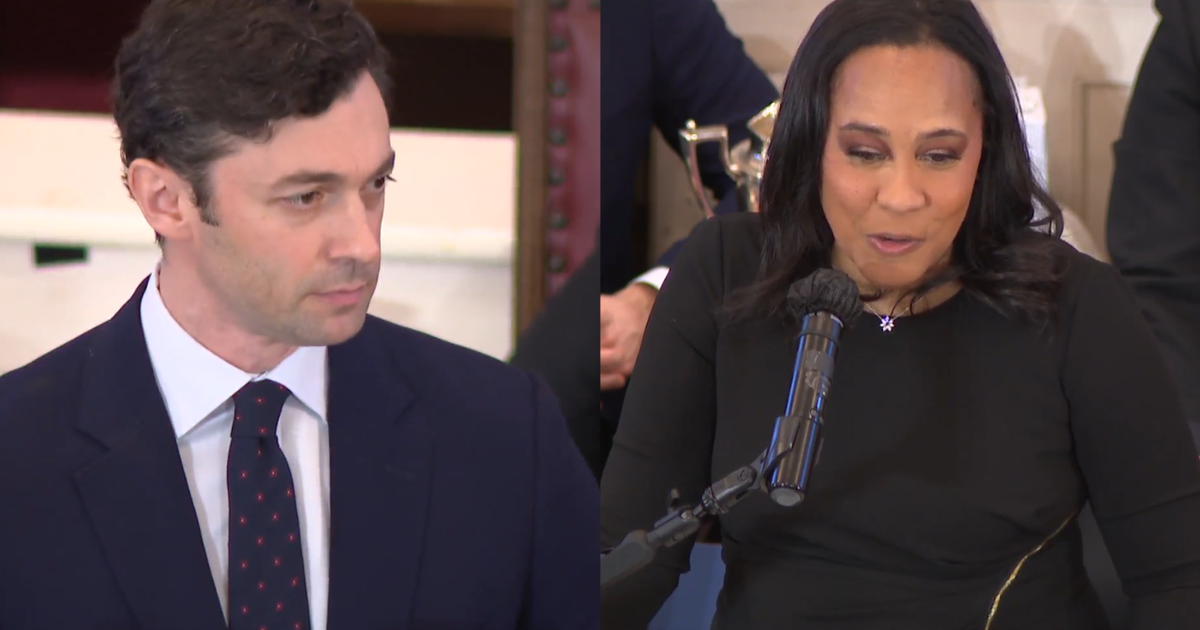State To Vote On Public Worker Health Plan Changes
LANSING (WWJ/AP) - State lawmakers return to Lansing Wednesday and among the recent table topics, they'll decide if city and county workers across Michigan should be required to pay more for their health insurance.
WWJ Lansing Bureau Chief Tim Skubick reports Republicans in the Legislature are expected to adopt the 80-20 health care split whereby public employees will pay 20 percent of their health care costs.
Detroit Democratic Sen. Coleman Young Jr. thinks the increase would be a bad idea.
"It may save the city money, but it is at the expense of the employees that are working there, and really the economy of local cities, and turns those dollars from being able to cycle through the economy, because they don't have it anymore, because you took it out of their check," said Young.
A Republican-led conference committee made up of House and Senate members approved the plan by a party-line vote Tuesday. Similar results are likely when final votes are held on the measure in the Michigan Legislature, which could happen as early as Wednesday.
Republicans say the measure is aimed at bringing the cost of public employee health care benefits more in line with those paid by employees in the private sector. Supporters said it could lead to more money for schools to hire teachers and cities to hire police officers and firefighters.
"The school board gets to keep the money, the local unit gets to keep the money," said Sen. Mark Jansen, a Republican from Kent County's Gaines Township. "It's a savings for them in their budgets."
The proposal limits the amount of money a public employer can pay toward workers' health coverage. The caps range from $5,500 for a single employee to $15,000 for a family.
Some local governments could vote to require employees to pay 20 percent of their coverage instead. There is some flexibility in the plan that could allow employers to give lower-income public workers a break, as long as they don't exceed the overall medical cost contribution limits.
Some local governments could opt out of the plan completely if two-thirds of a governing body voted to do so. Schools don't have a similar opt-out option.
Elected officials including state lawmakers would be included in the plan. But many other state employees and university workers would not be affected unless the state constitution also is changed. A constitutional amendment requires approval of two-thirds of the lawmakers in both the Senate and House, after which it would be placed before voters.
A proposal to make the tougher-to-adopt changes is contained in a separate measure.
Democrats say the proposal awaiting a vote in the Legislature is an example of state lawmakers getting involved in issues that should be left to local decision-makers.
"Bottom line: This is what we have 'home rule' for," said Young. "This is something that should be decided between the public employer and the employees through collective bargaining."
The proposal would apply to medical benefit coverage plans starting Jan. 1. The requirement would not affect existing union contracts until a contract was modified or expired.
The Associated Press contributed to this report.







